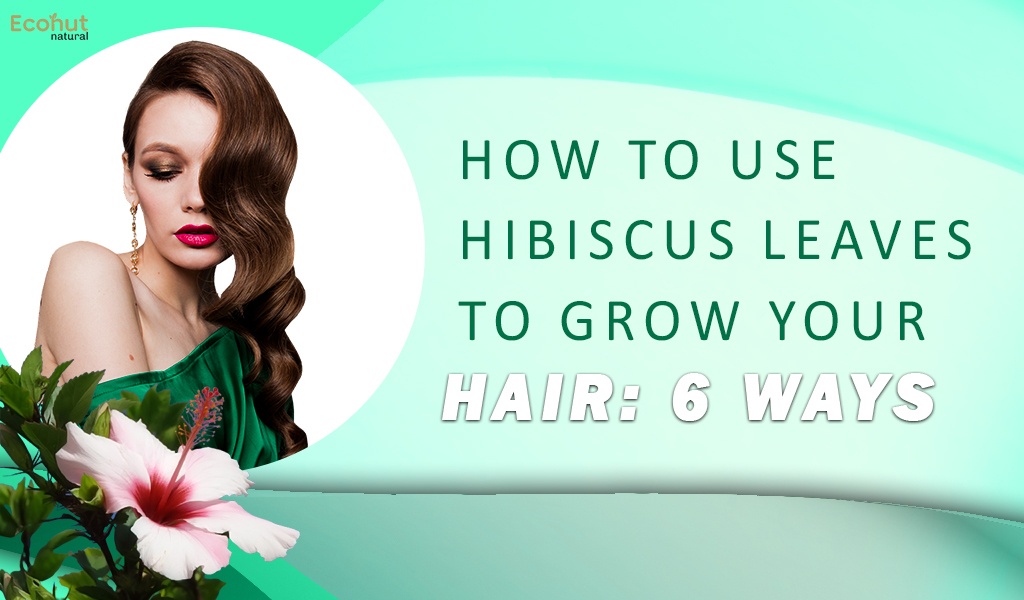Introduction
Mother Nature provides all your needs, including food, healing substances, and healing gifts. Hibiscus leaf is one such organic ingredient for beautiful and shiny hair.
Hibiscus leaves have long been valued in Ayurveda for their ability to promote hair growth. Both its petals and leaves are reputed to stimulate hair follicle growth and even cover bald spots.
Leaf can be used with other herbs to make a potent elixir to help bald areas grow back and regain their natural shine and strength. Hibiscus leaves are beneficial for treating hair; some known benefits are as follows…..
Benefits of Hibiscus
Due to its numerous Ayurvedic advantages, Hibiscus is one of the most sought-after plants in the entire plant kingdom. Let’s examine some hibiscus advantages for the hair and scalp.
Stimulates hair growth:
Flavonoids and amino acids are abundant in the hibiscus flower. The former aids in stimulating dormant follicles and boosting blood flow in the scalp, while the latter aids in keratin formation, which gives your hair a natural gloss and texture. Hibiscus leaf may also be used to treat hair thinning and hair loss issues.
Keeps sun damage at bay:
Your skin and scalp will suffer if you spend too much time in the sun. While using sunscreen to protect skin from sun damage is basic information, many individuals forget to protect their scalp from dangerous UV rays. Sun damage, therefore, causes hair loss and early greying.
Hibiscus for grey hair:
Flavonoids found in Hibiscus serve as a barrier against UV radiation damage. Hibiscus oil may retain hair’s natural luster and volume while preventing premature greying.
Hibiscus for dandruff:
According to Ayurveda, increased Vata and Kapha doshas are the root causes of dandruff. Wet or dry dandruff results from the vitiation of these doshas, which takes the form of yeast buildup on your scalp. Unfortunately, the problem persists.
Then, dandruff particles block the follicles and prevent hair development, eventually leading to a condition resembling hair loss.
Deep-conditions your hair:
With so many intricate chemical components in contemporary hair conditioners that we can’t even spell, how safe and effective are they? Hibiscus is a great substitute if you are hesitant to use hair conditioners that include chemicals.
Your hair shafts can retain moisture and have better flexibility, thanks to Hibiscus. Your hair will feel silky and won’t split or break at the ends.
Regulates sebum production:
Too much sebum in your scalp makes your hair seem greasy and clogs the follicles, while too little sebum production causes your hair to be dry and frizzy. Hibiscus blossoms may be used to maintain a healthy sebum balance, promote development, and give you silky hair.
Prevents scalp infections:
Initial impressions of scalp infections could be favorable. However, as it develops, it causes significant difficulties, including slowed hair development, dandruff, apparent flaking, thinning hair, split ends, etc. Hibiscus oil can help with your continuing scalp treatment and stop the progression of scalp infections.
How to Use Hibiscus Leaves for Hair?
Hibiscus leaves not only enhance hair luster but also encourage hair development. How to utilize hibiscus leaves for hair is shown here.
How to use Hibiscus for hair growth:
Making a fine paste out of hibiscus flowers and leaves or using hibiscus powder can help you create a revitalizing hibiscus hair mask. Apply it uniformly to your scalp and hair after combining it with a carrier of your choice, such as coconut or olive oil.
Before washing it off with a gentle shampoo, let it sit for 30 minutes. This nutritious mask will revitalize your hair, enhancing its strength, radiance, and general health.
How to use Hibiscus for frizz-free hair:
Dried hibiscus blossoms can be steeped in carrier oil, such as almond or jojoba oil, to produce hibiscus-infused solid oil. You should put the dried flowers in a glass jar, cover them with oil, and store them somewhere warm for a few weeks.
Use the oil after straining it as a leave-in conditioner or pre-wash treatment. This oil will impart a healthy gloss to your hair, moisturize your scalp, and lessen frizz.
Hibiscus for hair loss prevention:
Aloe vera is a fantastic source of vitamin E, which your scalp needs if you have hair loss. Combine Hibiscus’s advantages with aloe vera’s calming effects for a nutritious hair gel. To create a smooth paste, combine aloe vera gel and hibiscus blossoms.
Gently massage your scalp and hair with this mixture after applying it. Before rinsing, let it rest for 20 minutes. These gels will decrease hair loss, stimulate healthy growth, soothe itchy scalps, and replace moisture.
How to use Hibiscus for dry hair:
A hibiscus water spritz may be made by boiling hibiscus flowers in water, then filtering the mixture once it has cooled if you have dry hair. When your hair feels dry or needs a quick refresh, sprinkle it with the hibiscus-infused water in a spray bottle.
With its beautiful flowery aroma, this spritz moisturizes your hair, adds shine, and revitalizes your senses.
Henna-hibiscus Hair Pack to Prevent Premature Greying:
To tint your hair a shade darker and delay the onset of grey hairs, create a henna and hibiscus hair pack. According to studies, the crimson pigment laws found in hibiscus plants give hair strands their color.
Then, grind a few hibiscus leaves into a paste to produce the hair pack. Combine the paste with an appropriate amount of henna powder to make the hair mask. Please leave it in for 20 to 30 minutes to get darker and glossier hair.
Hibiscus and Fenugreek Anti-dandruff Hair Mask:
Reduced dandruff is another significant hibiscus leaf benefit for hair. Because both hibiscus leaf and fenugreek seeds have antibacterial and anti-inflammatory characteristics, you can add a paste for further advantages.
The fenugreek seeds should be soaked for the night before being ground into a paste. Apply hibiscus leaf paste to your hair after adding it. For 15 to 20 minutes, leave it. You should then wash your hair gently.
Hibiscus Hair Shampoo to Avoid Buildup:
You may manufacture your natural hibiscus leaf hair shampoo at home to gently clean the scalp and remove buildup. A few hibiscus flowers are required to produce hibiscus shampoo. Boil some hibiscus leaves and twice as many hibiscus petals in water for 5-7 minutes.
Add some grime flour to the bowl once the water has cooled down. Pour into a bottle after thoroughly mixing. To clean your scalp, use this shampoo once a week. You have two weeks to use the batch.
At-home hibiscus hair masks
In addition to hibiscus leaf hair oil and other treatments, hibiscus hair masks are a fantastic way to hydrate the scalp and encourage hair development. The following hibiscus hair masks may be made at your convenience.
Hibiscus with Amla:
Amla (Indian gooseberry), another Ayurvedic herb, may be miraculous for robust and healthy hair when coupled with Hibiscus. You’ll need the following to prepare this hibiscus-Amla hair mask:
- 05 hibiscus leaves
- 02 Amlas (2 dry Amlas are also acceptable)
Process:
- Together, grind the ingredients to create a smooth paste.
- Leave the paste on your hair and scalp for 45 to 60 minutes.
- To wash your hair, use a light shampoo and conditioner.
Hibiscus with aloe vera:
Another popular Ayurvedic ingredient recognized for its moisturizing properties is aloe vera. Regularly applying aloe vera to your hair can be beneficial. Nourish it, stop greying, and eliminate dryness. This hibiscus-aloe vera hair mask requires the following ingredients:
- 08-10 hibiscus leaves
- A cup of aloe vera gel
Process:
- Together, grind the ingredients to create a smooth paste.
- Leave the paste on your hair and scalp for 45 to 60 minutes.
- To wash your hair, use a light shampoo and conditioner.
The products from Coco Soul are the friend your hair and skin have been yearning for, promising to provide Ayurvedic secrets and nature’s goodness in convenient bottles and tubes. Shop for Coco Soul hair care products here today to give your hair the gift of Ayurveda!
What Are the Side Effects of Hibiscus?
Hibiscus offers several therapeutic benefits and very few adverse effects. A few situations, nevertheless, might make using Hibiscus dangerous. Below is a discussion of a few hibiscus side effects.
During Pregnancy:
Pregnant and nursing women frequently advise against Hibiscus since it might trigger menstruation. Women may suffer harm from this since it might result in miscarriage. However, this notion has not been supported by any scientific data.
Low Blood Pressure:
Additionally, hibiscus tea helps control blood pressure. Leaves reportedly offer antihypertensive qualities. Blood pressure can be lowered with hibiscus tea. Hibiscus should not be used by those who have low blood pressure.
Low Blood Sugar:
Includes antioxidants such as vitamins A and C that lessen oxidative stress and support blood sugar regulation. Hibiscus can further lower blood sugar levels, which is dangerous for people with low levels. Hibiscus tea should also not be consumed before surgery since it may lower blood sugar levels.
Conclusion
Hibiscus leaves have a variety of health advantages as well as drawbacks. Additionally, it is offered at neighboring physical stores and online retailers as hibiscus flower juice, hibiscus tea, hibiscus powder, and hibiscus flower capsules. Consult your doctor before drinking hibiscus tea if you are pregnant or have low blood pressure.

